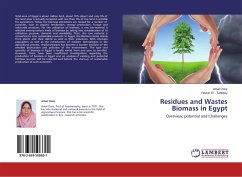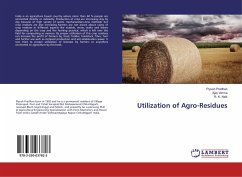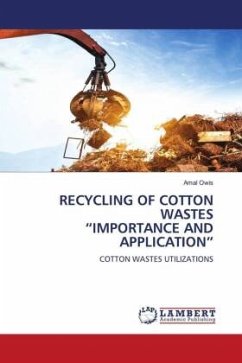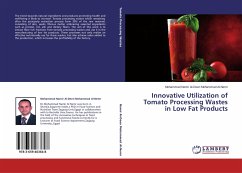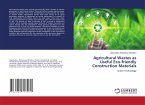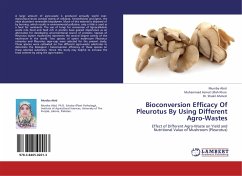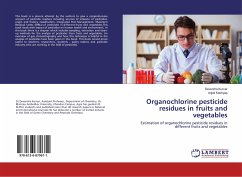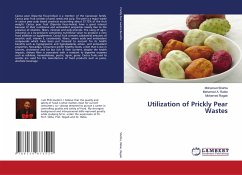Total area of Egypt is about million Km2, about 97% desert and only 5% of the land area is actually occupied with less than 4% of the land is suitable for agriculture. Today, the biomass extractions are reused for a number of purposes, such as organic fertilization, energy production, forage and value-add products. For the utilization of biomass, a raw bio-material is selected among various kinds of biomass by taking into consideration of its utilization purpose, demand and availability. Then, the raw material is converted to new sustainable products. In Egypt, the Biomass comes mainly from plants and their debris as well as their industries. With intensive population as well as the introduction of modern technologies in the agricultural process, residues/wastes has become a burden because of the entailed destruction and pollution of the environment. The type and quantity of biomass in Egypt is locally varied from one year to another. However, there have been insufficient investigations regarding the production of biomass in Egypt and an analysis of existing and potential biomass sources will be required well before the start-up of sustainable production of such outcomes.
Bitte wählen Sie Ihr Anliegen aus.
Rechnungen
Retourenschein anfordern
Bestellstatus
Storno

